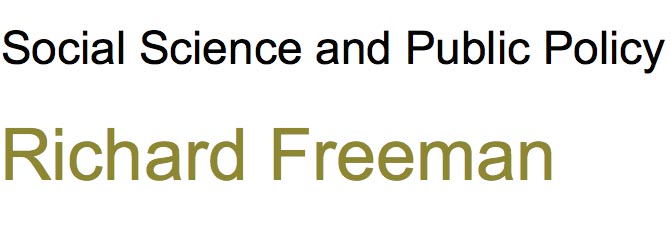 It is widely agreed that the effectiveness of the World Health Organization (WHO) as a policy body derives chiefly from its reputation as a source of authoritative knowledge. However, little has been done to show just how WHO mobilises knowledge for policy purposes. Rather, commentators tend simply to assume that the WHO is a technocratic organisation, which uses technical expertise to define normative, universally-applicable standards on which to base policy. This paper tells a rather more complex story. Looking in detail at the efforts of the WHO European Regional Office, since the 1970s, to reform mental health policy across the region, it shows that the organisation’s main policy successes in this field were achieved, not by circulating standardised data or policies, but by creating opportunities to share holistic, experience-based and context-sensitive knowledge of instances of best practice. We go on to analyse our findings in light of ideas about ‘epistemic communities’, and show how an appreciation of the nature and constitution of epistemic communities can illuminate the different ways that knowledge may inform international policy.
It is widely agreed that the effectiveness of the World Health Organization (WHO) as a policy body derives chiefly from its reputation as a source of authoritative knowledge. However, little has been done to show just how WHO mobilises knowledge for policy purposes. Rather, commentators tend simply to assume that the WHO is a technocratic organisation, which uses technical expertise to define normative, universally-applicable standards on which to base policy. This paper tells a rather more complex story. Looking in detail at the efforts of the WHO European Regional Office, since the 1970s, to reform mental health policy across the region, it shows that the organisation’s main policy successes in this field were achieved, not by circulating standardised data or policies, but by creating opportunities to share holistic, experience-based and context-sensitive knowledge of instances of best practice. We go on to analyse our findings in light of ideas about ‘epistemic communities’, and show how an appreciation of the nature and constitution of epistemic communities can illuminate the different ways that knowledge may inform international policy.
Source: Social History of Medicine, forthcoming
